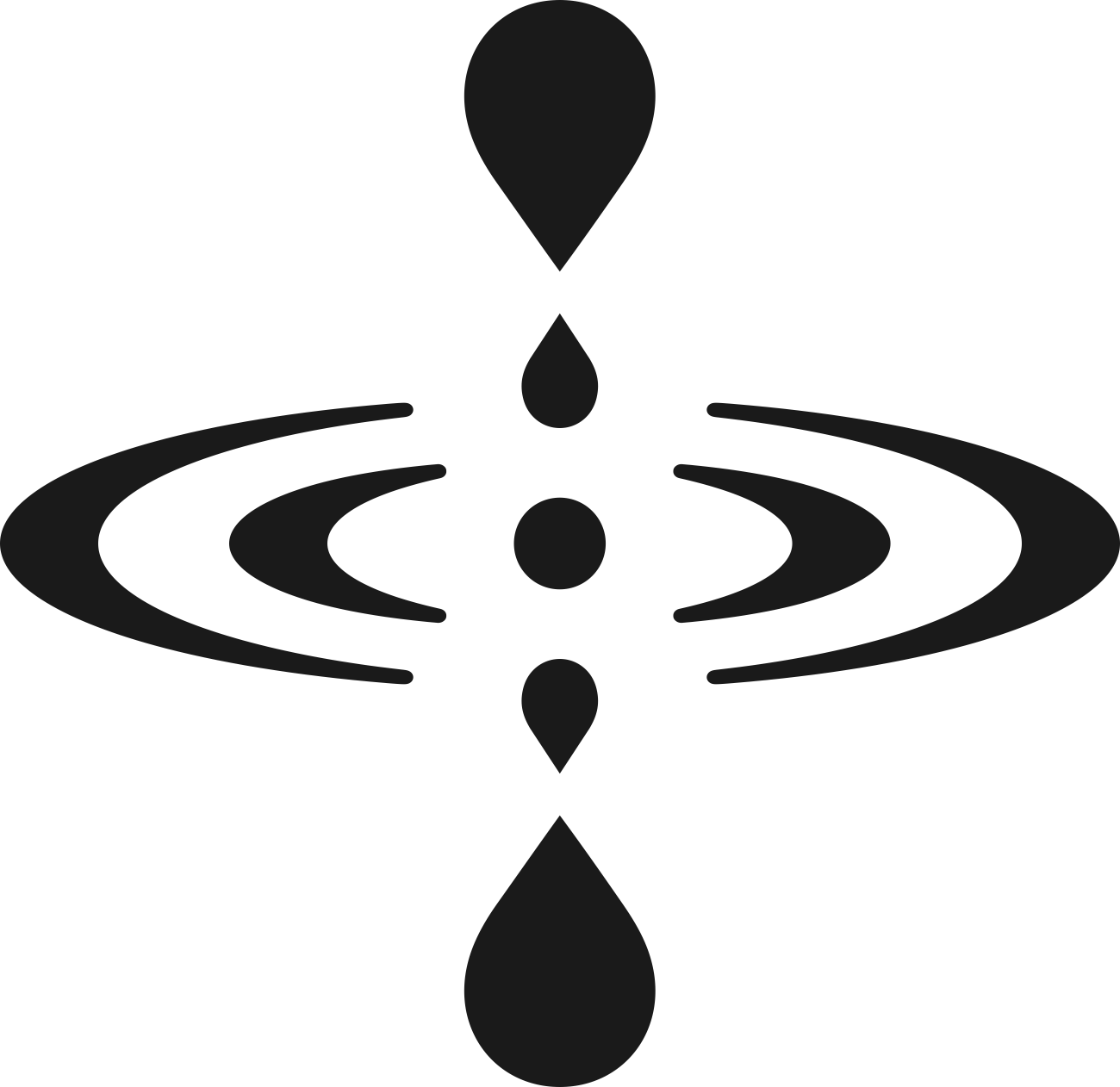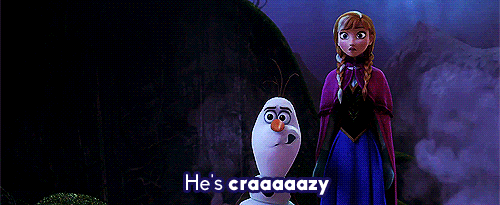Turns out Ridley Scott actually listens to criticism.
SPOILERInstead of another pretentious story that asks questions about our origins (and has no clue how to answer them), this time we got a much more straightforward Alien movie. Some plot points from Prometheus are continued, but it's clear that Ridley wanted to push aside its more controversial aspects and go back to Alien's horror roots.Shaw, the previous film's annoying protagonist, got killed offscreen by David, who's much more interesting to watch. Even the problem of her religious motivation ("it's what I choose to believe") gets mentioned - the company didn't trust Billy Crudup with a command because of his faith. Did the writers actually listen to the DiF commentary?
The David/Walter dynamic must've been inspired by Lore and Data from ST-TNG (John Logan is a fan). The cliché of an evil AI doesn't bother me here - I have no trouble believing that an android with a humanlike psyche and superior intellectual capabilities would've become megalomaniacal. Fassbender's double performance is easily the most interesting one in the movie.
Unfortunately, the other characters don't get much development - their main purpose is to become xenomorph fodder. They're even more reckless than the Prometheus crew; when will they learns that sending people to an unknown planet without spacesuits (another Star Trek trope recycled by John Logan) is a bad idea?
Dorkman's remark about the Alien universe becoming smaller in Prometheus is even more applicable here, when it turns out that the facehugger eggs are a result of David's experiments. It is never explained how they got onto the Engineer ship on LV-426.
The visual side is impressive, but we've come to expect that from Ridley Scott.
To sum it up: Covenant is an improvement over Prometheus, but still has issues.
There are worse reasons to get the gang back together, if nothing else, than to gloat that somehow, Sir Ridley Scott listen to them. Telepathy?





















 Just when I'd gotten to Stage 5, Acceptance, in the Doctor Who Grief Cycle.
Just when I'd gotten to Stage 5, Acceptance, in the Doctor Who Grief Cycle. 

